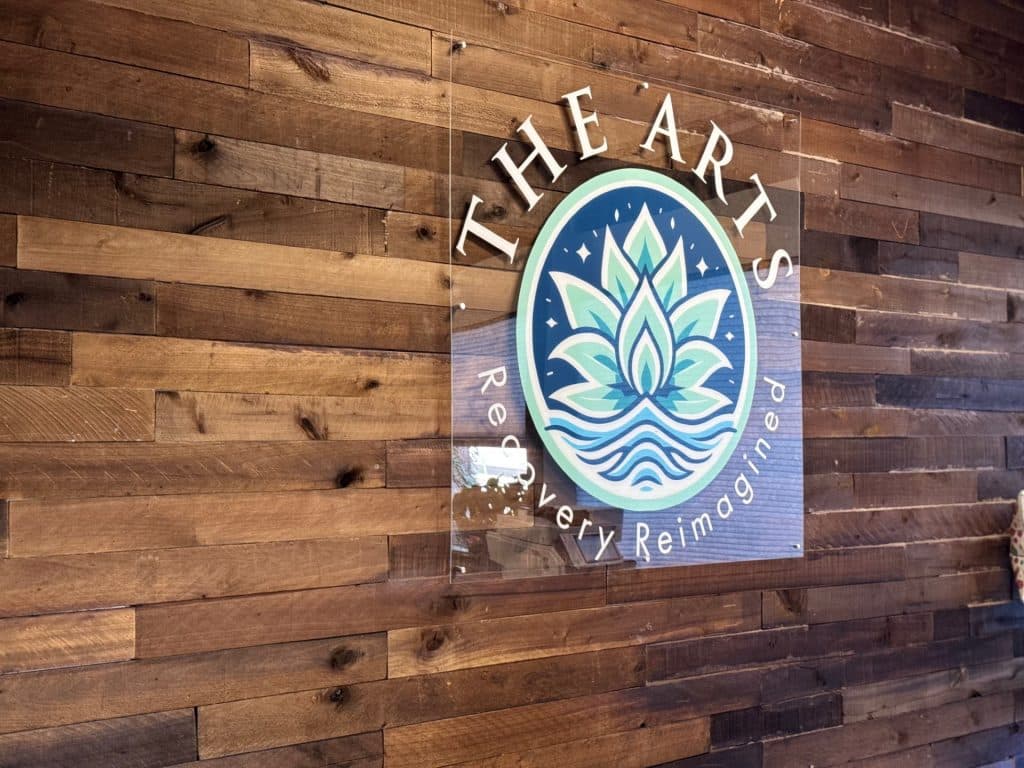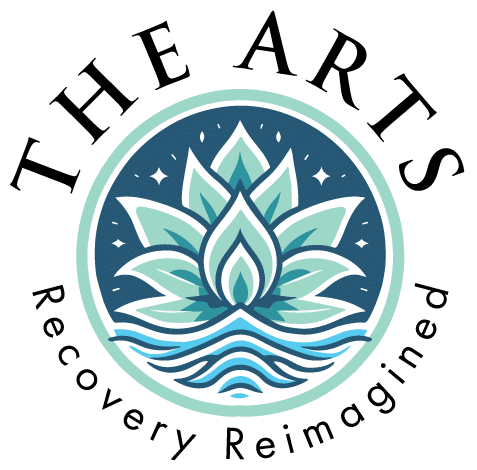Drug and Alcohol Rehab For Military Members
- Written By: John Sullivan
- Medically Reviewed By: Dr. Lucille Thomas
getting help
Drug and Alcohol Rehab for Military Personnel - The Need for Military Rehab Centers
Military service members and veterans face unique challenges that can contribute to substance abuse issues. The demanding nature of military life, exposure to trauma, and difficult transitions back to civilian life create specific vulnerabilities that require specialized understanding and treatment approaches.
At The A.R.T.S. in Canoga Park, California, we’re one of the most trusted military rehab centers in Southern California. We recognize these distinct challenges and offer comprehensive outpatient treatment programs designed to support military personnel and veterans on their journey to recovery. Our evidence-based approach addresses both substance abuse and underlying mental health concerns that often accompany addiction in military populations.
Recovery is possible, and with the right support system and treatment approach, military members can reclaim their lives and rediscover their strength beyond service.
Learn More
Understanding Addiction in the Military
Military personnel face elevated risks for substance abuse, with more than one in 10 Veterans who seek care at the U.S. Veteran’s Administration meeting criteria for substance use disorder – a rate higher than the general population. But why? Different factors can impact someone’s risk for addiction, including the following:
High Stress and Deployments
The high-stress environment of military service, combined with exposure to combat situations and the culture of resilience expected within military ranks, can create conditions where substance use becomes a coping mechanism.
Deployment remains one of the most significant risk factors for risky behaviors, drinking, and drug use. Service members who have experienced traumatic events during deployment often struggle with post-traumatic stress disorder (PTSD), depression, and anxiety. These conditions frequently co-occur with substance abuse as individuals attempt to self-medicate their symptoms.
Difficult Transitions
The transition from military to civilian life presents another critical vulnerability period. Veterans may struggle with identity shifts, difficulty finding meaningful employment, and loss of the structured support system that military service provides. This adjustment period can trigger or exacerbate existing substance abuse issues.
Injuries
Physical injuries sustained during service also contribute to addiction risks. Prescription pain medications used to treat service-related injuries can lead to dependency, particularly when combined with underlying mental health challenges.
In short, the unique experiences and challenges faced by veterans put them at a higher risk for substance abuse. As a society, it is important that we recognize and address these issues in order to provide the necessary support and resources for our returning veterans.
WHAT WE OFFER
Treatment Options Available
Effective treatment for military personnel requires programs that understand the unique culture and experiences of military service. The A.R.T.S. offers several levels of outpatient care specifically designed to accommodate the needs of active-duty members and veterans.
Partial Hospitalization Program (PHP)
Our PHP provides the highest level of outpatient care, offering intensive daily treatment while allowing clients to return home each evening. This program is ideal for military personnel who need significant support but cannot commit to residential treatment due to family or service obligations. The PHP includes comprehensive medical monitoring, individual therapy sessions, group counseling, and family therapy components. Clients typically attend programming five to seven days per week, receiving the intensive care needed to establish a strong foundation for recovery.
Intensive Outpatient Program (IOP)
The IOP offers flexible scheduling that can accommodate military duties and veteran responsibilities. This program typically involves three to four days of treatment per week, making it suitable for those transitioning from higher levels of care or those who need ongoing support while maintaining work or family commitments. Group therapy sessions focus on topics particularly relevant to military populations, including trauma processing, stress management, and developing healthy coping strategies for civilian life challenges.
Virtual IOP
Recognizing that military families often face geographical challenges due to deployments or relocations, The A.R.T.S. offers virtual IOP services. This program provides the same evidence-based treatment as our in-person programs but with the flexibility of remote participation. Virtual treatment eliminates barriers such as transportation issues, geographical limitations, and scheduling conflicts with military duties. Participants can access individual therapy, group sessions, and educational programming from any location with internet access.
Customized Care
Benefits of Specialized Military Rehab Programs
Military-focused treatment programs offer several advantages over generic addiction treatment approaches. Understanding military culture, hierarchy, and values allows treatment providers to connect more effectively with clients and address their specific needs.
Treatment providers who understand military culture can better address the unique challenges service members face.4 This includes recognizing the impact of military training on help-seeking behaviors, understanding the significance of unit cohesion and brotherhood, and addressing potential stigma around mental health treatment within military communities.
Military personnel often require specialized trauma treatment approaches. Evidence-based therapies such as Cognitive Processing Therapy (CPT) and Prolonged Exposure (PE) are specifically designed to address combat-related PTSD and can be integrated into substance abuse treatment.
Group therapy with other military members provides unique benefits. Shared experiences create understanding and trust that may be difficult to achieve in mixed civilian-military groups. Veterans and active-duty members can support each other through challenges that civilians may not fully comprehend.
The ARTS IOP is an in-network provider for BlueShield of California, Magellan, HMC, First Health Network, Tri Care West, Cigna and Com Psych. Contact us today to find out if your insurance will help cover many of the costs associated with treatment at our program.
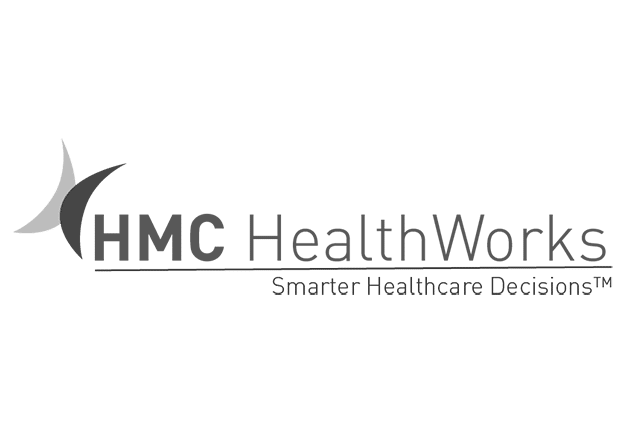
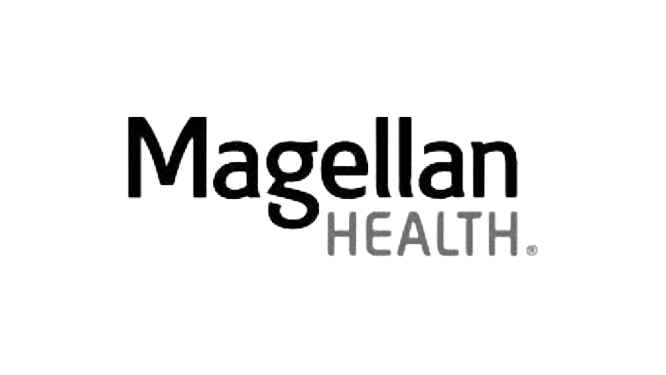
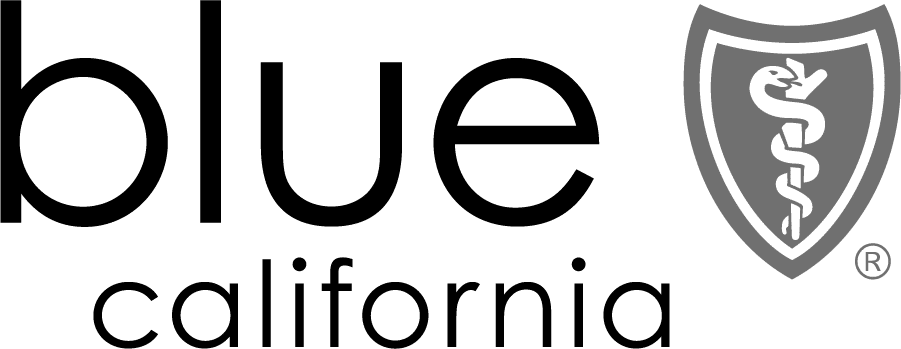






Supporting Your Journey
Continuing Care and Support
Recovery extends far beyond initial treatment completion. Military personnel and veterans benefit from ongoing support structures that help maintain sobriety and address ongoing challenges.
Aftercare Planning
Comprehensive aftercare planning addresses the specific needs of military clients. This may include coordination with Veterans Affairs services, connection to veteran support organizations, and ongoing therapy to address both addiction and co-occurring mental health conditions. Regular follow-up appointments help clients navigate challenges that arise during early recovery. These sessions can address triggers specific to military life, such as anniversary dates of traumatic events, adjustment to civilian employment, or relationship challenges.
Sober Living Environments
The A.R.T.S. offers veterans Chrysalis, a sober living home that provides a safe, supportive environment during the transition period following treatment. Sober living can be particularly beneficial for veterans who may lack stable housing or who need additional structure as they adjust to civilian life. These environments offer peer support, accountability, and continued focus on recovery goals while residents work on rebuilding their lives. House meetings, group activities, and shared responsibilities create community connections that replace the camaraderie often missed after military service.
Community Resources
Successful long-term recovery often involves connection to community resources specifically designed for veterans. This may include Veterans of Foreign Wars (VFW) posts, American Legion chapters, veteran service organizations, and recreational programs designed for former military members. Employment assistance programs help veterans transition skills learned in military service to civilian careers. Vocational rehabilitation services can provide additional training or education to support career goals and financial stability.
call us today
Take the First Step Toward Recovery
